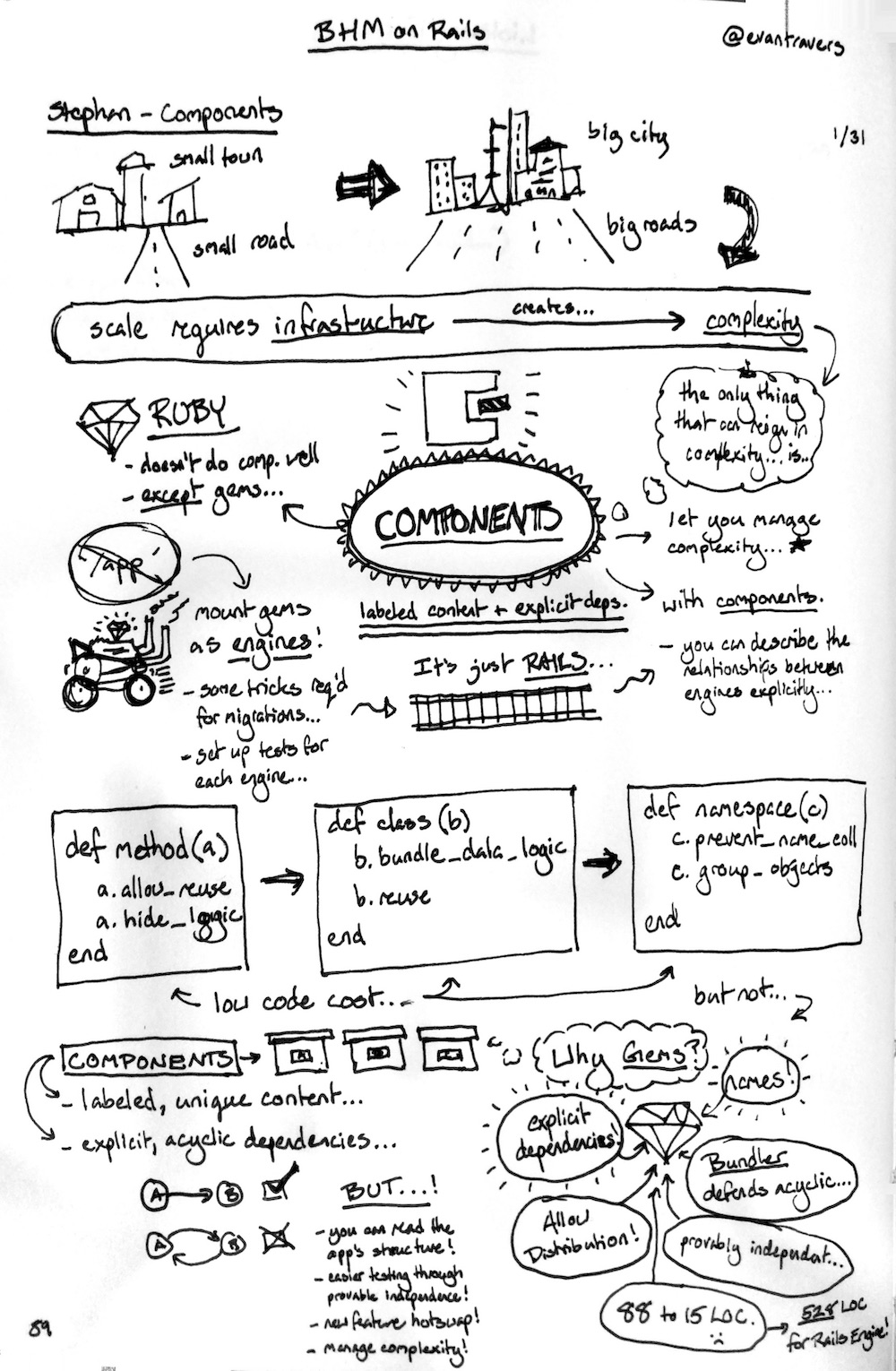Try to hold these two ideas in your head
Try to hold these two ideas in your head
Information theory tells us that a message has more the more information the less predictable it is (or the more entropy it has)1
Software engineers constantly work towards a test suite that is always green (all tests pass).
Information theory vs testing philosophy
000000000000000000000000000000000000000000000000000000000000
Think of this row of zeros as the list of exit codes we got from every run. They all passed. They are all "green." When we achieve a completely green test suite for a long time, from an information theory perspective, the amount of information here is just one bit (read: not a lot for all the work put in). Is that worth it?
When are tests worth it?
In my experience, the most likely time for a test to be red is when the code that is being tested is under development. I.e., on a developers machine - as the code is being written. Afterwards, most tests never fail again. This points at the fact that code changing is a good indicator of when tests are needed.
And, therein lies the crux: every commit is a code change - and "I don't know which part of the app my change might impact" - so I have a good reason to run all the tests right? No. Modularization helps us here by making large application smaller and reducing the effective "radius of change." But that's for a later date to explore.
What if you were radical?
... Radically accepting of the implications of the little information value we get out of our test suites. Here is an idea from James Coplien:
#testing #information theoryIf you want to reduce your test mass, the number one thing you should do is look at the tests that have never failed in a year and consider throwing them away.2
Social
Mention this post from your site:

